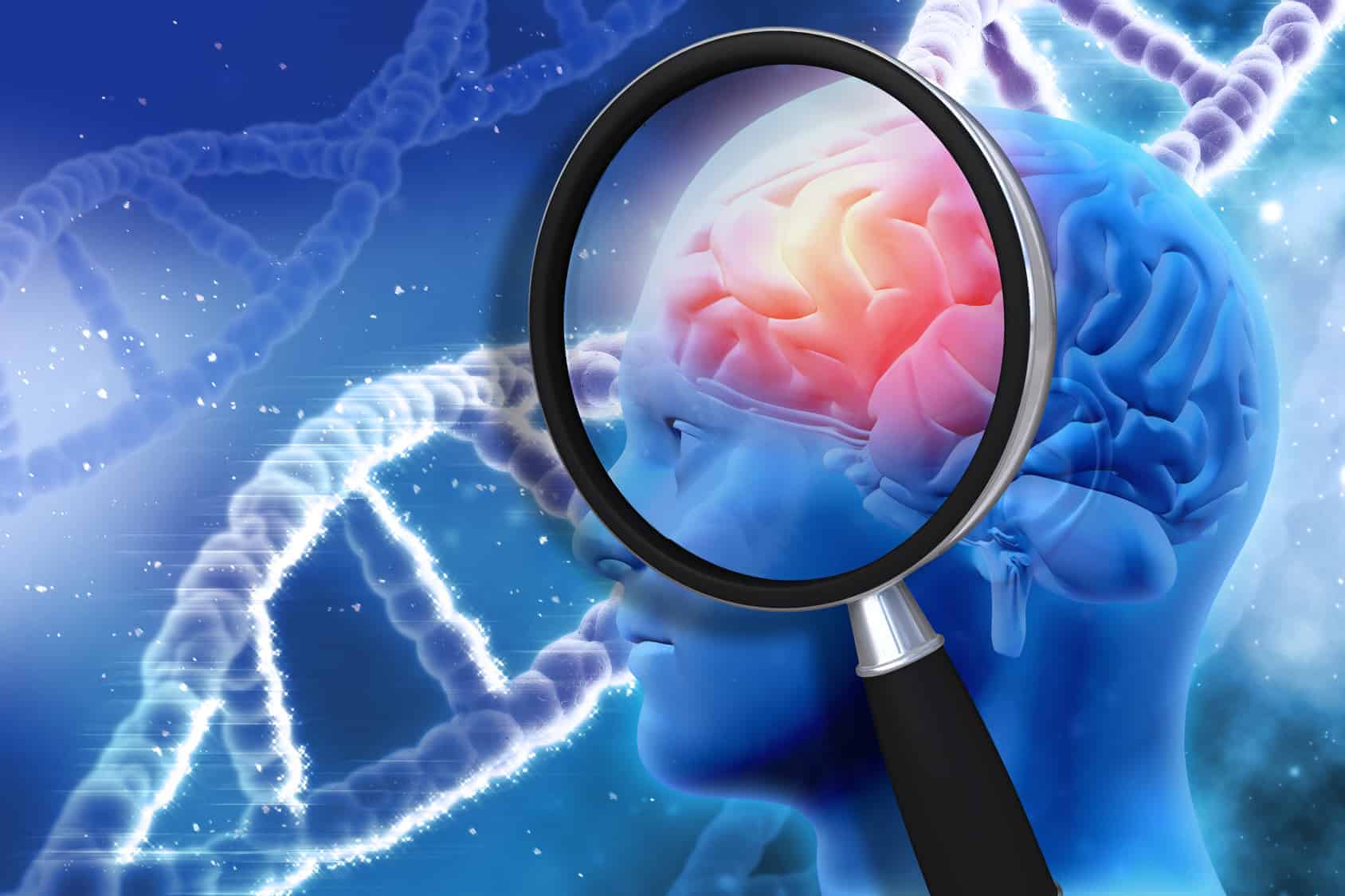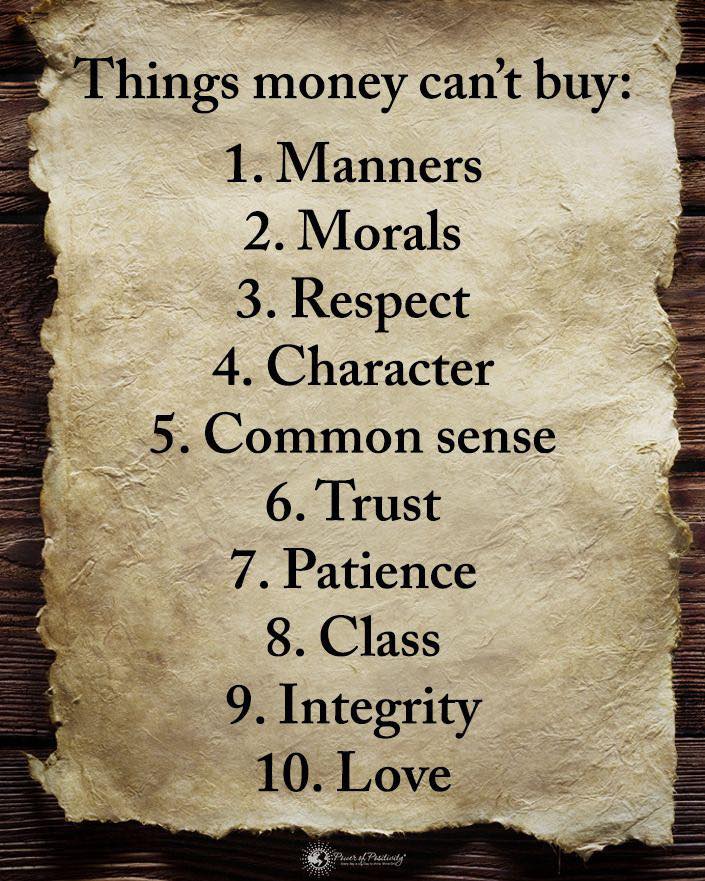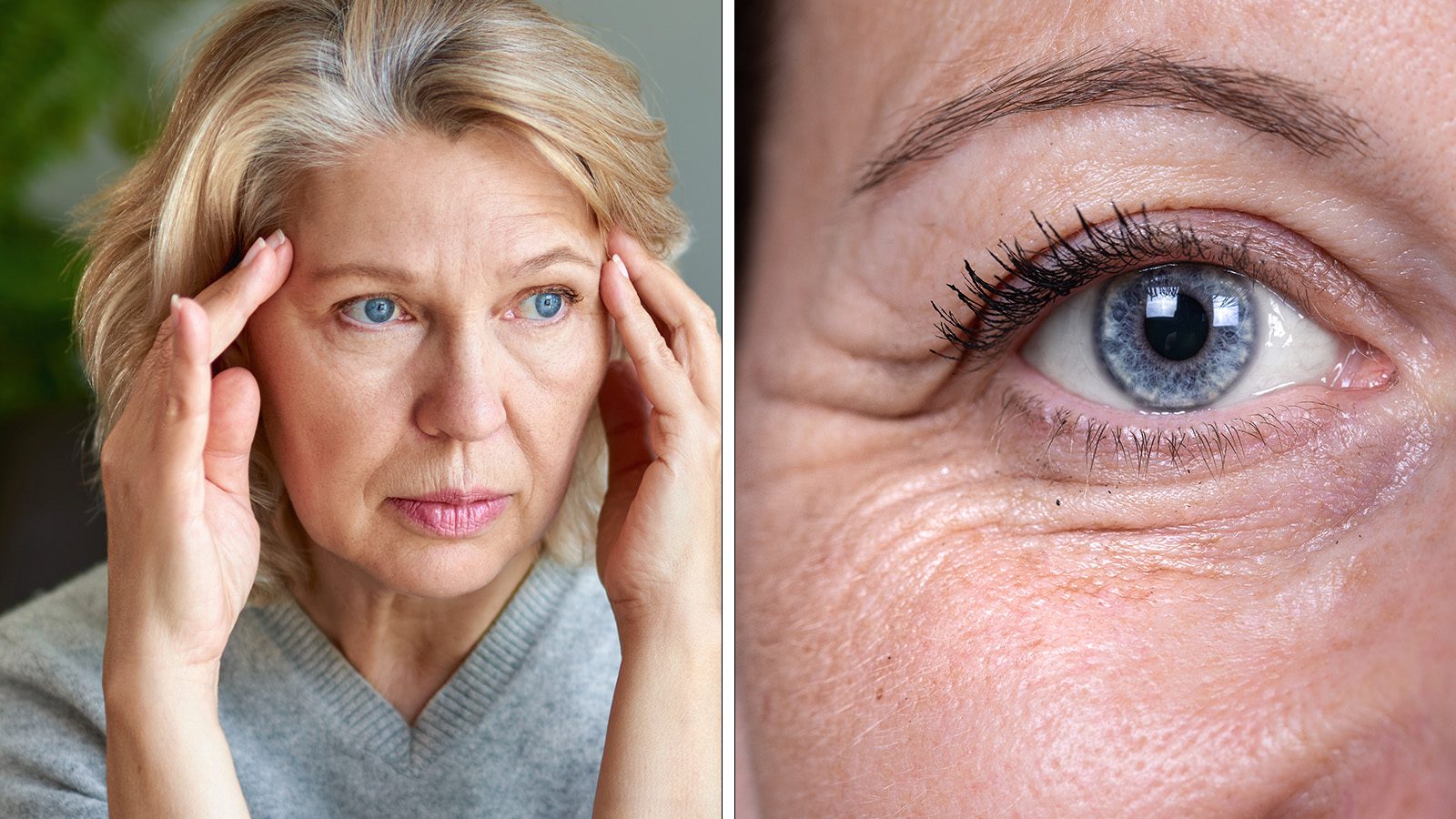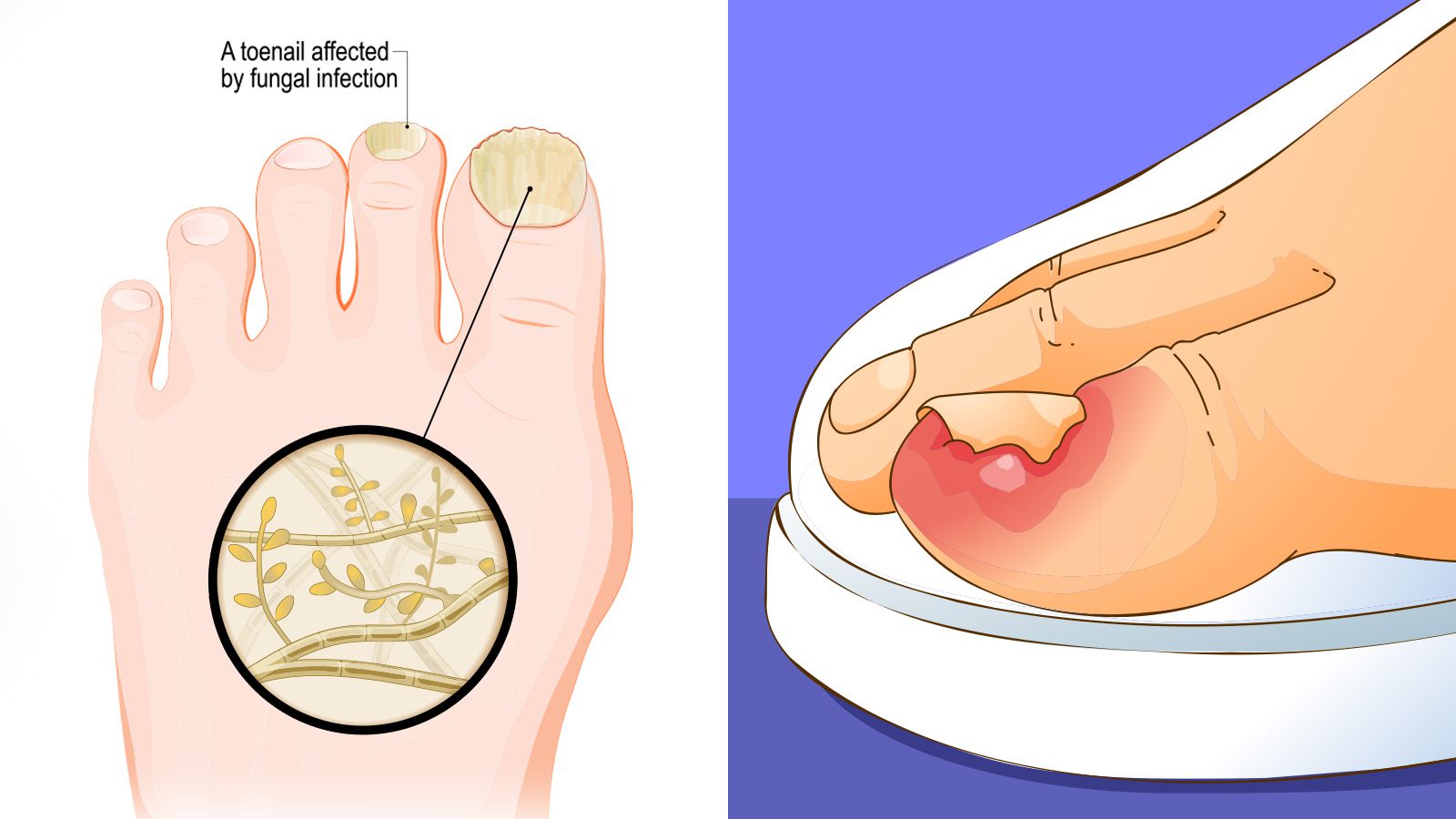What if you could do one thing right now to help yourself live longer? Well, you can, and it’s definitely worth learning about. As our scientific knowledge grows, we learn more and more about our DNA, what it is capable of, and how we have more control over our lifespan than we knew was possible before.
Living longer is possible, and much of that is due to the immortality gene. The immortality gene can help you live longer, and it is inside every cell with a nucleus, but it’s turned off until you activate it.
In 2009 the Nobel Prize for Medicine was awarded to Elizabeth Blackburn, Jack W. Szostak, and Carol Greider, pioneers in the science of longevity. They discovered ‘how chromosomes are protected by telomeres and the enzyme telomerase.’ Telomeres are at the end of your chromosomes. According to Dr. Dave Woynarowski, who spoke in 2011 at The Longevity Now Conference, telomeres are the parts of our DNA like a biological time clock that determines how much time you have left to live.
Telomeres
Telomeres are responsible for every cellular mechanism. We can live longer and slow down the aging process by doing 2 things:
1) Slow down the loss of telomeres and
2) Add length to the telomeres
Aging can be considered an imbalance of cell damage and repair. When we have more damage than repair, we are in a state of declining health.
Dr. William Andrews discovered the immortality gene, telomerase, which can help us to reverse biologic aging. There are some genetic functioning terms that you need to know to help you live longer:
- Phenotype – how a cell acts and behaves
- Geneotype – the genetic expression of the cell, what is read in the DNA and what is not read
- Epigenetics – the ability to determine how your DNA is read which can reprogram your DNA
This ONE Thing Will Help You Live Longer
How to rejuvenate cells
Dr. Dave Woynarowski says that we must ensure effective levels of Omega-3 fatty acids in our bodies. This is the one key thing that will help us to live longer.
In a study of Omega-3s and longevity, people who took supplements with Omega-3 fatty acids had a reduced likelihood of death, less incidence of heart attack and fewer strokes than people who did not take Omega-3s.
Another study found that Omega-3’s were associated with less telomere shortening, and among patients with coronary artery disease, there was a relationship between blood levels of omega-3 fatty acids from fish and the rate of telomere shortening over a 5-year period.
In addition to this one thing (Omega-3 fatty acids) that will help you live longer, we need to:
* create a strong anti-oxidant defense and
* preserve the telomere length that we currently have.
The telomeres are at the ends of our DNA and they act like a biological time clock that determines how much time we have left to live. They are also responsible for every cellular mechanism, including rejuvenating stem cells.
Stem cells are important because they can help repair our bodies when damage occurs. For example, if you cause damage to your liver by drinking too much alcohol, the stem cells can help make more liver cells to repair the damage.
Why focusing on cells is so important
There are about 9 trillion cells in the body, give or take a few. The most important part of the cell that we need to focus on is the cell membrane. The cell membrane controls what gets into and out of the cells.
The cell membrane also has cell receptors that determine how you interact with the outside world. This can help with everything from how we sleep to how we get the nutrients that we eat, how we deal with stress, and how much toxins and pollution we absorb from the outside world.
The most important component of cell membranes is fatty acids. Without them, the membrane gets stiff and dysfunctional and will release inflammatory chemicals inside and outside the cell. Dr. Woynarowski says that we need to take care of the cell membrane or nothing works well in our bodies.
Vitamin D is used inside the cells to support the mitochondria, which are the cell’s powerhouse. They are also important in aging because they make free radicals and use them appropriately inside the cell. When the cell membrane leaks, free radicals go out of the membrane and cause damage to other cells. Free radicals do good things inside the cells but not outside of them.
You can get a blood test to determine your blood level of Vitamin D. However, you might actually need to know your intracellular level of Vitamin D as well. Vitamin D is also important because it affects genes and causes protein synthesis.
The exciting field of Epigenetics
Epigenetics came about recently after discovering that we only use about 20% of our DNA. When scientists sequenced the entire human genome they learned that only 20% of our genes were actually part of what makes us human. The other 80% of the DNA was called ‘junk DNA’; scientists did not know what it did.
You can read more about ‘junk DNA’ in our article here. The extra 80% of our DNA has recently been discovered to play an important role in how genes are expressed. Rather than determining if you get blue or brown eyes, these pieces of extra DNA determine whether you will develop glaucoma or macular degeneration.
Queen bees are larger, live longer than other bees, and are the only ones producing eggs to make baby bees. But all bees actually have the gene that could make them a queen; their cells just haven’t been given the right signal to express that queen gene. Baby bees fed a diet of royal jelly changed the expression of over half of genes involved in the signaling pathway that creates queen bees. In other words, not just humans but other animals have genes that are not being expressed and if we can find the right way to trigger them, we can unlock the healing power of our DNA.
If your parents had Alzheimer’s disease or other illnesses, there’s a chance that you could also develop that. However, there’s also a good chance that you can do something about it by reducing the likelihood that that gene will be expressed in yourself.
















